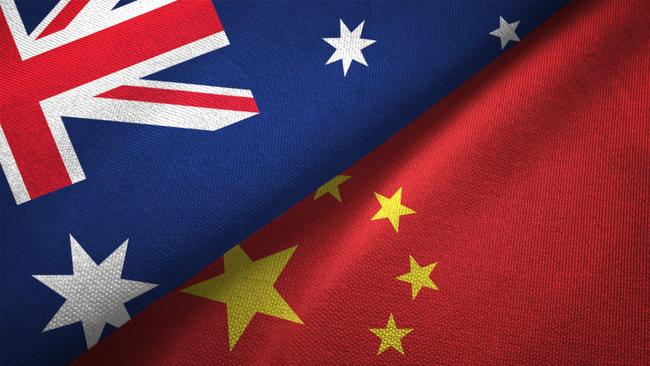Universities need to train more China experts, report finds
Australia is short of deep expertise in China and universities need to train more people in the area, says a new report.

Australia must step up its understanding of China and universities need to train more people with expert China knowledge, says the Australian Academy of the Humanities in a new report.
It warns that Australia’s China expertise is slipping and “there are serious questions around our ability to generate core capability for stakeholders.”
The report says that Australian universities are graduating only a handful of honours students each year in Chinese studies with language, a qualification which is the pathway to doing advanced research on China.
“Honours in China studies, which once nurtured this expertise, is offered by fewer universities now,” says the report, titled Australia’s China Knowledge Capability, which drew on input from over 100 China experts.
It found that only seven universities now offer honours in China studies with Chinese language, and six of them graduated only 17 students from 2017 to 2021 with “no more than five in any one year”.
The reports says that lack of student demand is causing universities to gradually pull out of teaching China studies, and specific teaching on China is being replaced by general subjects such as international relations.
“Australia’s smaller universities, which have in the past provided an excellent education on China, are now less likely to fund the small classes that previously made this possible,” says the report.
It says that Australia’s ability to understand and engage effectively with China relies on universities to train personnel and do research, and give independent insight and information on China topics.
“Currently, there are critical gaps in our understanding of the capacity of Australia’s universities to meet these needs,” it says.
The paper notes that Australia produces the fourth highest number of English language research papers about China (after China itself, the US and the UK) but finds that gaps are emerging in Australian understanding of People’s Republic of China history, literature, national governance, policy processes, and elite politics.
“While Australian researchers are prolific publishers on China, that expertise is not being harnessed at scale to illuminate or to resolve the dilemmas China presents us”, said the chair of the report’s advisory group Joseph Lo Bianco, who is intenational secretary of the academy.
The report also finds that the government funding body, the Australian Research Council, has not supported China research at scale and ARC grant funding for core China research has been in decline since 2010.
Specific China-focused funding has also lagged.
“Since 2009, there have been no targeted ‘special research initiatives’ with a China or Asia focus or longer-term funding awarded through premier schemes such as the centres of excellence,” the report says.
It also finds that Australian governments and business are not effectively using the China research and expertise which is available in Australia.
Not only are university trained experts being underused, but also Chinese Australians, who have native speaker skills in the Chinese languages, are being overlooked. For example, Lowy Institute research shows that too few Chinese Australians are being hired and promoted in the Australian public service.
The report urges Australia to take advantage a “national asset”, the large numbers of Chinese Australians with native speaker ability in Mandarin and Cantonese.
“To benefit from it, we should encourage heritage language development and maintenance, and integration into the various situations where Australia needs Chinese language capacity,” it says.




To join the conversation, please log in. Don't have an account? Register
Join the conversation, you are commenting as Logout